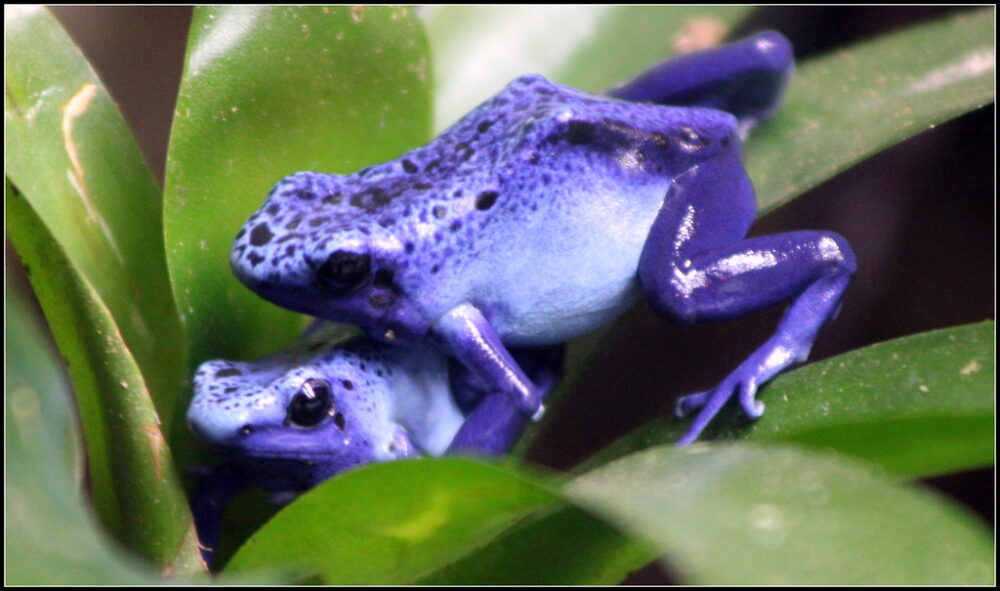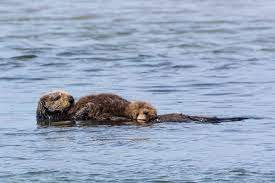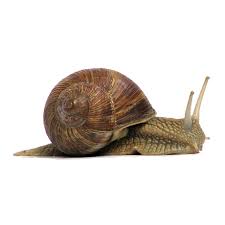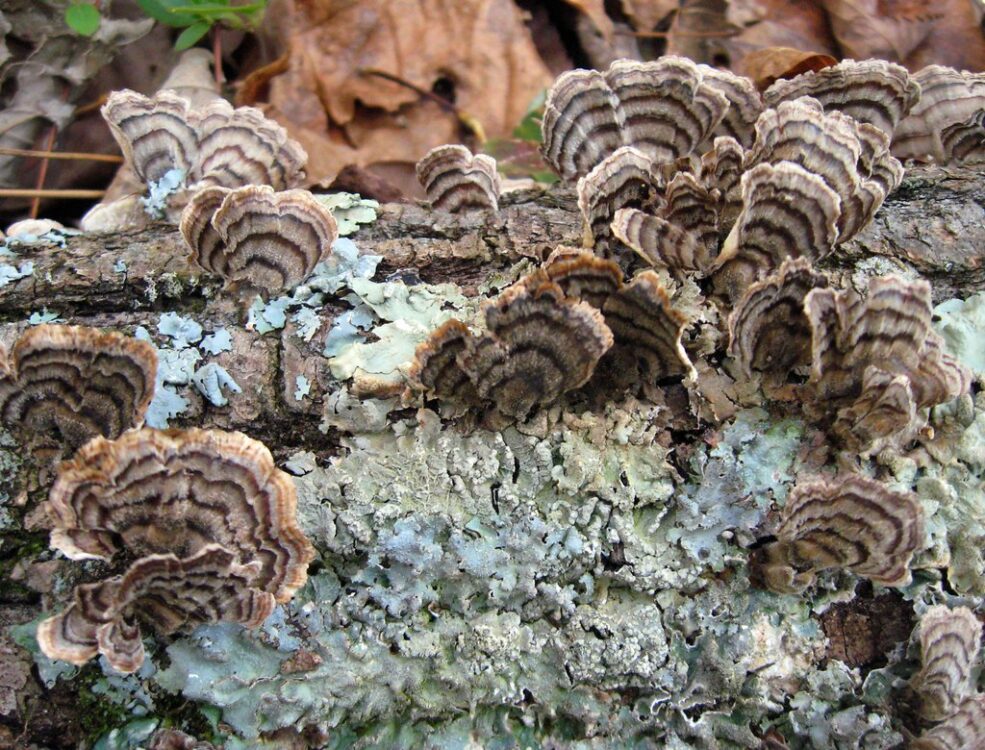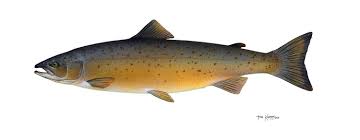Poison dart frogs: What doesn’t kill you makes you stronger
While some dangerous creatures opt for a more subtle approach, the poison dart frog is remarkably considerate for letting predators know ahead of time that it is not to be messed with. Its vibrant color is meant to signify its high toxicity, an example of aposematism or an animal advertising to its predators that it […]
Poison dart frogs: What doesn’t kill you makes you stronger Read More »
